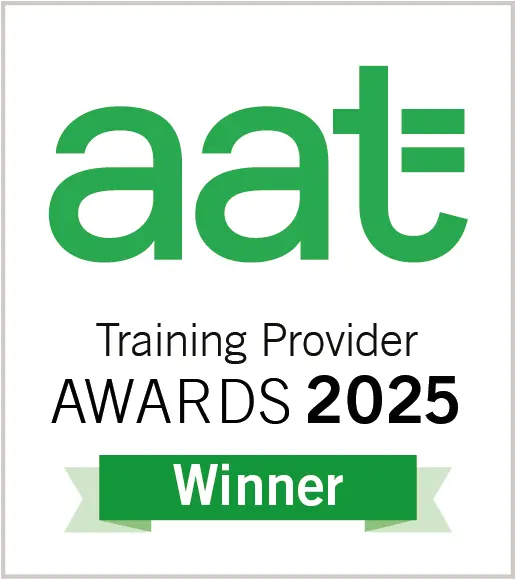Starting a Distance Learning course can be quite daunting and leave you feeling like you don’t know where to start. The key to success is planning and setting yourself goals that are SMART :

Specific – try to list what you want to achieve that day. Pencil in topics to study each day rather than ‘study day’. This will allow you to know the start point endpoints so you can plan better for your next study session.
Measurable – Being able to know when you have achieved your goal that day is very important. Break your studies down into chapters and where possible set your goal to read 2 chapters each session. Pencil in the days you have assignments due also.
Attainable – Make sure that your goal is achievable with any constraints in place (eg the time you have free that day to study, personal plans, family commitments, work commitments, having any prior knowledge needed for task planned that day)
Realistic – Distance Learning takes a lot of self-motivation. Thinking of the long-term benefits and rewards that you will benefit from by achieving the qualification often drives students. Create goals that you know you will commit to, don’t just put pen to paper when planning to feel organised. You need to know your own strengths and weaknesses when planning goals. Your achievements will motivate you and drive you forward to success.
Timely – Set dates that are right for you! Everyone is different therefore set goals that are best suited to you. Having deadlines to work towards can be motivational and challenging. Keeping a calendar to plan your studies can often make studying more manageable. Setting unrealistic goals will only cause stress and anxiety which can be very damaging. It can force students to move forward when they are not ready, make them feel overwhelmed and even put them off studying.
Don’t forget that plans change, that just life. Do not get bogged down with targets, a calendar is an ever-changing plan. You may find some days you are racing ahead of your goals, do not get caught up on days when this does not happen. Change your planner as and when you need to with SMART goals to help you stay on track with new goals.
There are many websites which will give examples on writing effective Study Planners. Here is one you may find useful.
This video may help you break down areas to consider when writing a study plan:
You should never feel alone when studying Distance Learning as there is so much support out there. This includes groups on social media, blogs, conferences, networking etc.
Don’t forget if you are studying an AAT Distance Learning course you have your tutor for support, excellent online recourses as well as an online timetable which should help with planning your studies! We are only ever a phone call away.
You can find more information on our tutor support here and our AAT Distance Learning courses here.












